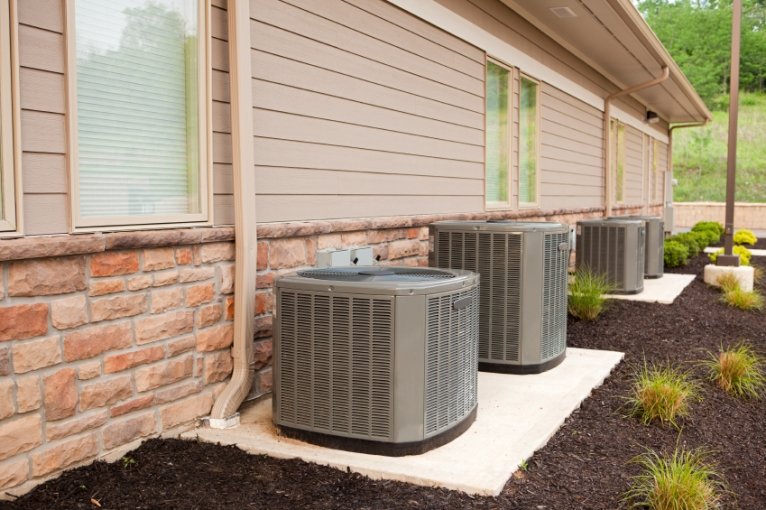
Installing or replacing a central air conditioner is one of the most significant home improvements you can make in terms of comfort. It’s worth doing homework. We only need to consider the following 7 points. If you want to know how air conditioning works, please click here.

1. Select Staging or Variable Speed Compressors
First, we need to select the type of air conditioner. according to efficiency, air conditioners are divided into single-stage, two-stage, and variable-speed compressors. What you select will determine your level of A/C efficiency and comfort.
Single-Stage: A single-stage unit can either be off or on at full capacity. It will operate at full capacity regardless of how much cooling is required. Because air conditioning systems are sized to provide adequate cooling on the hottest day of the year, this means single-stage systems often provide more cooling than is required. This reduces the efficiency of the system and can lead to uncomfortable conditions.
